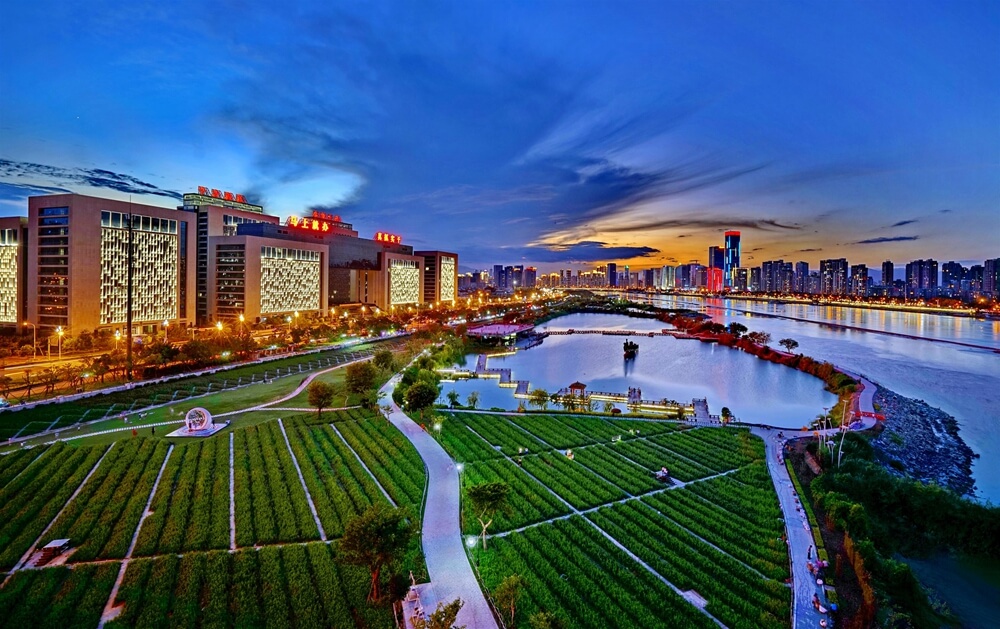sustainableexpos.com – Fuzhou, the capital of Fujian Province in southeastern China, is a city that boasts a profound cultural legacy and a vibrant history. Known for its traditional architecture, ancient temples, and distinctive local cuisine, Fuzhou offers a glimpse into China’s rich cultural tapestry. This article explores the historical significance and cultural attractions that define Fuzhou as a unique and captivating destination.
Historical Significance
Fuzhou has a history that spans over two millennia, with its origins dating back to the Han Dynasty. As a major port city during the Tang and Song Dynasties, Fuzhou became a center of trade and cultural exchange. Its strategic location along the Min River contributed to its development as a pivotal city in China’s maritime history.
Architectural Marvels
Fuzhou is renowned for its traditional architecture, which reflects the city’s historical and cultural evolution. The “Three Lanes and Seven Alleys” is a well-preserved historic district that showcases the architectural style of the Ming and Qing Dynasties. Visitors can stroll through these ancient streets, admiring the intricate wood carvings and classical courtyards that have stood the test of time.
Temples and Religious Sites
The city is home to numerous temples that highlight its spiritual heritage. The Yongquan Temple, located on the scenic Gushan Mountain, is one of the most significant Buddhist temples in the region. Another notable site is the Hualin Temple, known for its exquisite architecture and serene atmosphere. These religious sites offer insight into the spiritual practices and beliefs that have shaped Fuzhou’s cultural landscape.
Traditional Cuisine
Fuzhou’s culinary heritage is an integral part of its cultural identity. The local cuisine is characterized by its emphasis on fresh ingredients and delicate flavors. Signature dishes include “Buddha Jumps Over the Wall,” a rich and aromatic soup, and “Lychee Pork,” a sweet and sour dish that perfectly captures the essence of Fuzhou’s culinary style. Exploring the local food scene is a delightful way to experience the city’s cultural richness.
Festivals and Cultural Events
Fuzhou hosts a variety of festivals and cultural events that celebrate its traditions and heritage. The annual Fuzhou International Dragon Boat Festival is a vibrant event that attracts participants and spectators from around the world. Other cultural events, such as the Lantern Festival and Mid-Autumn Festival, offer opportunities to experience the city’s festive spirit and community celebrations.
Conclusion
Fuzhou is a city where history and culture come alive, offering visitors an immersive experience in China’s rich heritage. From its ancient architecture and religious sites to its delectable cuisine and vibrant festivals, Fuzhou embodies the essence of cultural preservation and celebration. As a destination, it invites exploration and discovery, promising to leave a lasting impression on all who visit.
